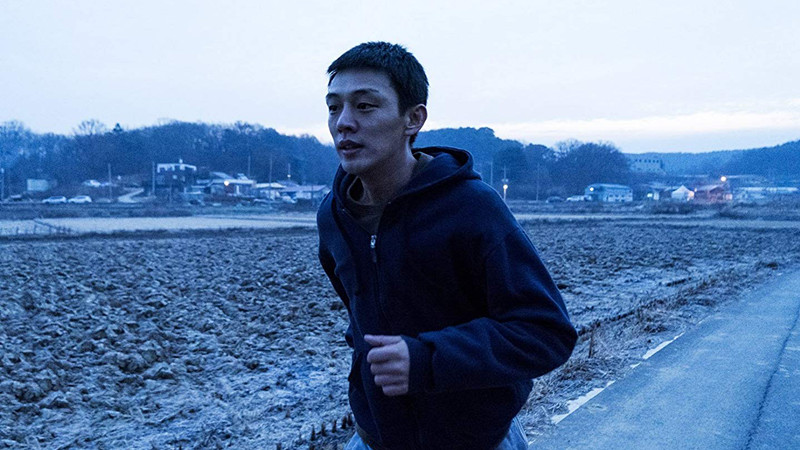
Cannes Film Festival ranks at the very top in the eyes of cinema lovers when it comes to a consistent stream of quality pictures and artists. With a tradition dating back to 1930s, born out of spite and a wish to succeed, it never failed to give proper space to the established legends of the seventh art, as well the newcomers to the world of cinema.
However, it did have its fair share of misshaps every now and then. Sometimes spontaneously, and often intentionally in order to avoid the harsh political climates of the past times, the jury of the festival gave out accolades to motion pictures that were subpar to their competition in their respective years.
Here are a few that, due to a number of reasons, failed to take home the main prize at Cannes (some of them were accoladed other awards, such as Grand Prix, though):
10. No Country for Old Men (2007) – dir. Joel & Ethan Coen
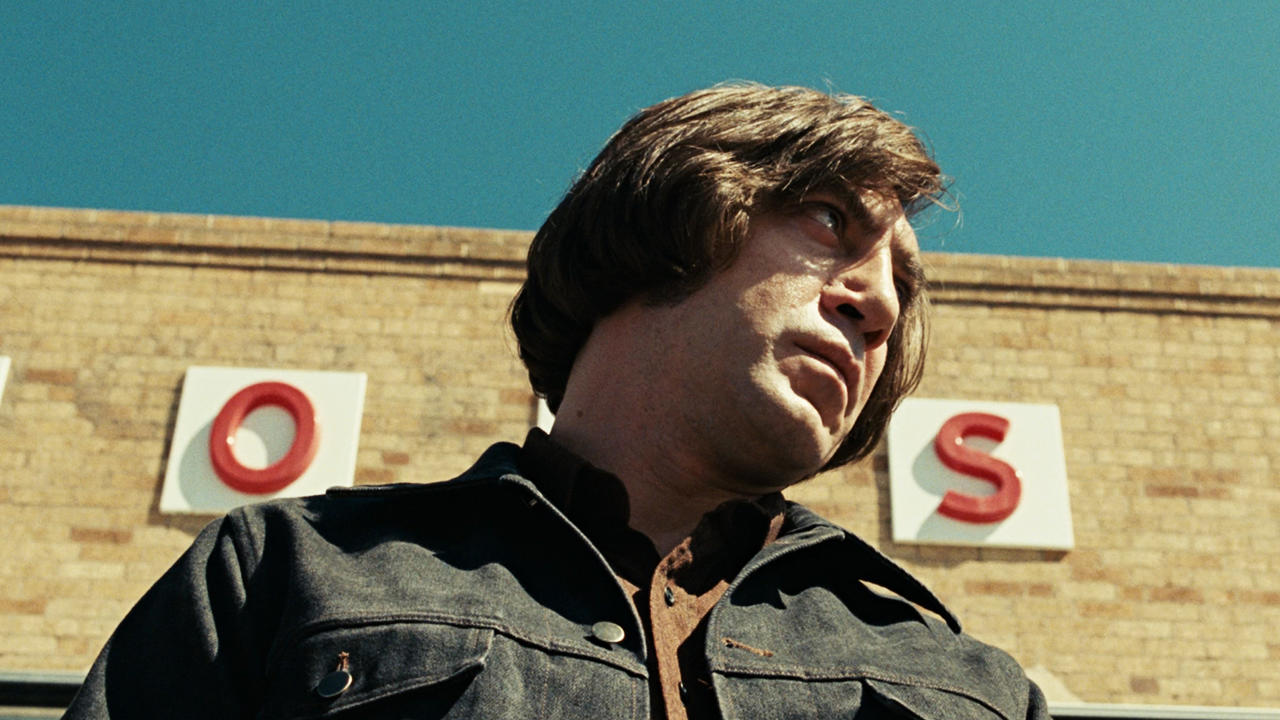
Considered the magnum opus of Coen brothers, No Country for Old Men is the ultimate mash up of everything Ethan and Joel are so well known for: gritty, dark humor, excessive violence, silent villains without an obvious cause and a morally gray hero of the story are some of the Coenian elements present in this one.
It was an absolute hit in movie theatres around the world, garnering well over $ 150 million against a $ 25 million budget. It was a darling of the critics as well, receiving universal acclaim in the United States as well as abroad and many critics dubbed it one of the boldest works of the 21st century, and one of the best ones.
The film’s fate at the 80th Academy Awards ceremony was nothing short of phenomal, too: it took four Oscars from some of the most important categories, such as Best Picture and Best Directing.
Its reception at Cannes was not as fruitful. No Country for Old Men lost its only nomination to a fairly unremarkable Romanian film called 4 Months, 3 Weeks and 2 Days.
While this film’s reception in general is far from what one would consider polarizing (on the contrary, it was an almost instant classic), the fact that it didn’t win one of Europe’s biggest film prizes is quite unfortunate.
9. Drive (2011) – dir. Nicolas Winding Refn

The career of Nicolas Winding Refn has mostly been hit and miss. Even with that in mind, he is still one of the most revered Danish and Scandinavian directors of this century and this film is considered to be his best English language work to date by many.
Based on the eponymous novel by James Sallis, it was wonderfully brought to screen with combined efforts of the aforementioned director, as well as a handful of other creative workers, such as the Iranian screenwriter Hossein Amini who adapted Sallis’ story for the silver screen, and the great acting ensemble, with names such as Ryan Gosling and Bryan Cranston taking the lead roles in this one.
The film was met with widespread acclaim by the critics, though the audiences were a tad more divided with some labeling Refn and his body of work pretentious. It lost the Palme d’Or that year to Terrence Malick’s Tree of Life, a powerful comeback of a great master that, despite its numerous qualities, doesn’t match up to Drive in our opinion.
8. Cleo from 5 to 7 (1962) – dir. Agnes Varda
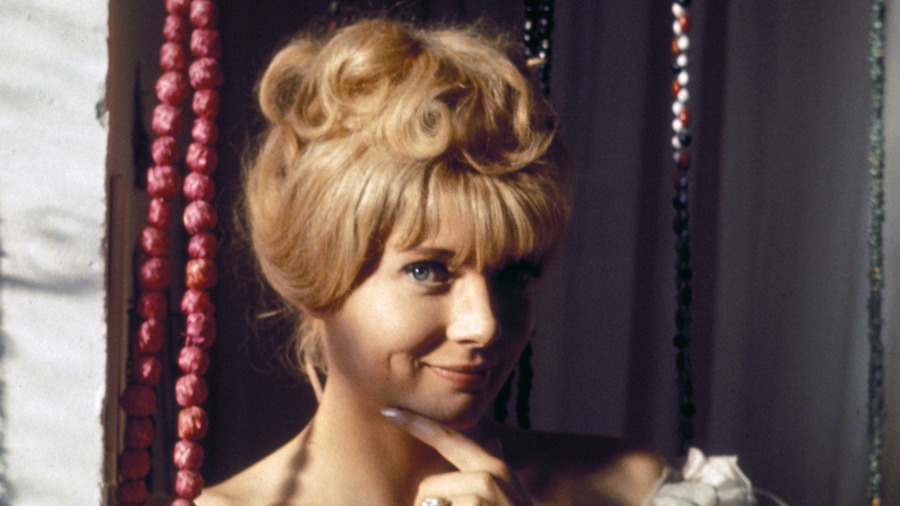
Agnes Varda just might be the greatest female director of all time. And one of the greatest in general. Her passing last year sent shockwaves through the film community. Starting her career during the period of French New Wave, a time of exceptional innovation, she never lacked what it takes to make a brave motion picture.
Cleo from 5 to 7 is generally considered her best effort, or at least her best one from the earlier stage of her career. Telling the tale of the titular heroine, a charming woman awaiting results after getting tested for cancer, it won the hearts of many worldwide with its relatable characters and subtly packed social commentary on the status of women in modern society.
It is now considered one of the genre defining works of feminist cinema, but back when it was released, the criticism of Cleo went as far as it being dubbed an anti-feminist film and a pro colonialist one that tries to portray women as simple minded and uncapable of caring for themselves.
The top prize at Cannes that year went to Anselmo Duarte’s The Given Word.
7. A Prophet (2009) – dir. Jacques Audiard
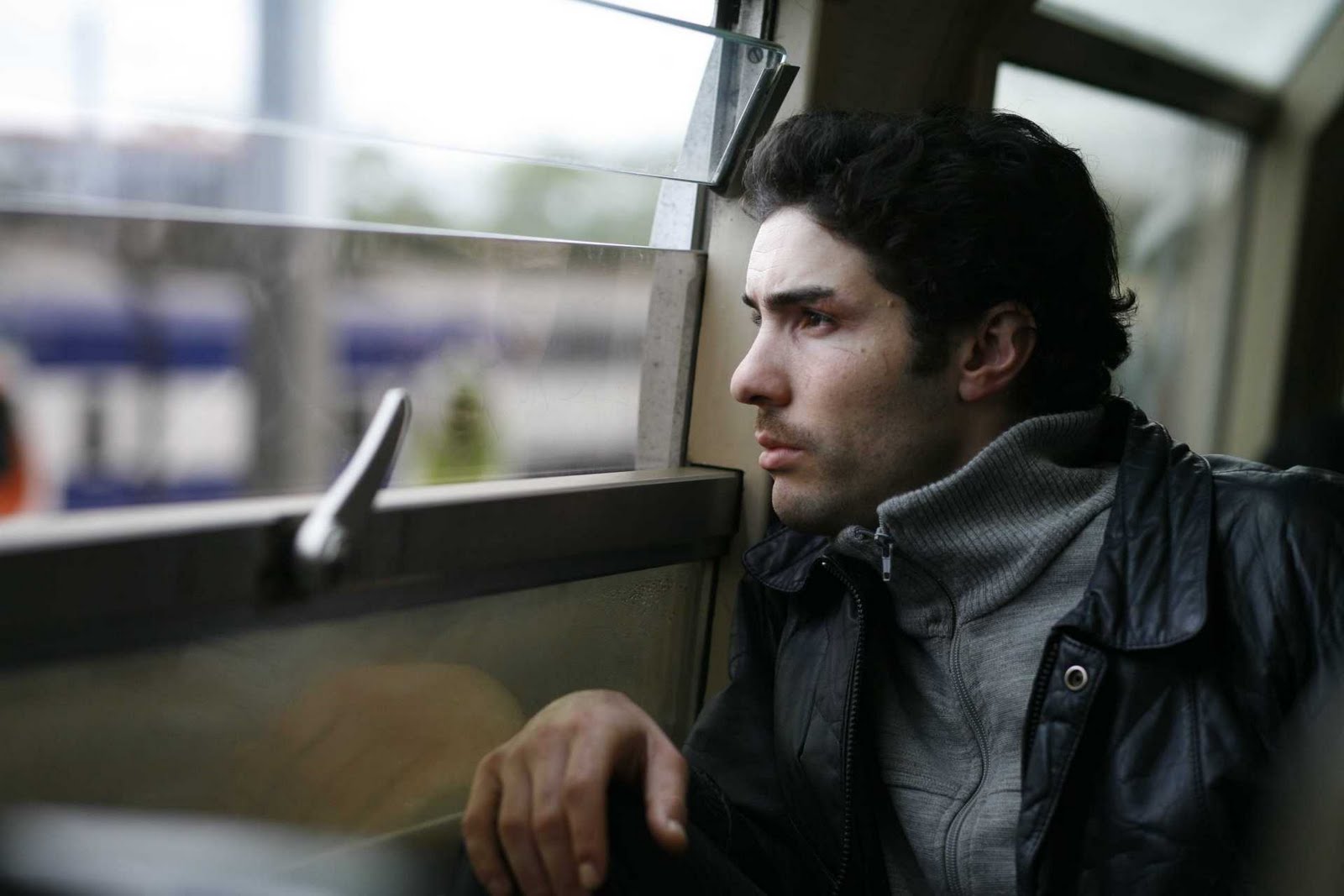
Malik El Djebena, a petty French criminal of Arab origin, is sent to prison. There he soon learns that life behind the bars is wildly different than anything he ever imagined. In a tale of betrayal and paranoia, Malik will walk out a completely different person.
Made by the great Jacques Audiard, A Prophet is a downright perfect, brutally honest portrayal of everything wrong in French prison system in particular and the country’s society in general.
It lost to another great, Michael Haneke and his The White Ribbon. While we hold that one in unusually high regard, we still believe Un Prophete was the film that deserved the Palme d’Or at the 62nd Cannes Film Festival, though the difference in quality between two motion pictures isn’t that huge.
6. Kwaidan (1965) – dir. Masaki Kobayashi
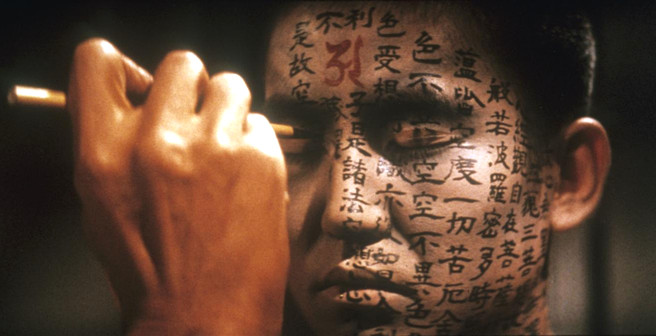
Masaki Kobayashi, a legend of Japanese cinema, is the epitome of slow burn filmmaking. His works are certainly not for everyone but if you give them a chance, they certainly won’t dissapoint. Some of the more famous ones are the Human Condition trilogy, Harakiri, and this one.
Richard Lester’s The Knack… and How to Get It took the prize in 1965, although it was one of the weaker titles in selection that year. Kwaidan, a deeply disturbing and extremely visually appealing nod to Japanese tradition didn’t fare as good among the Europeans as among the native audiences.